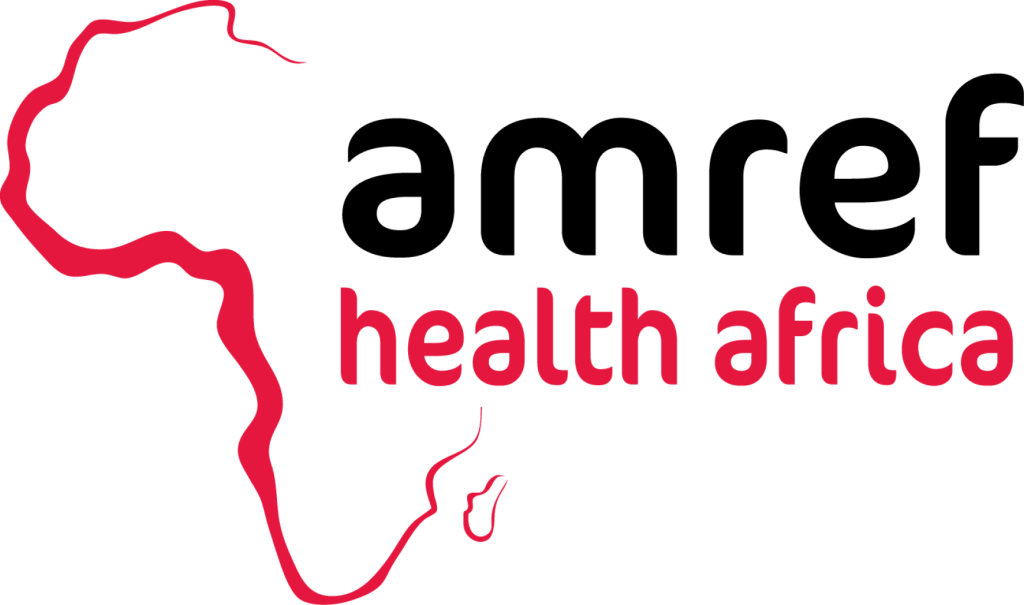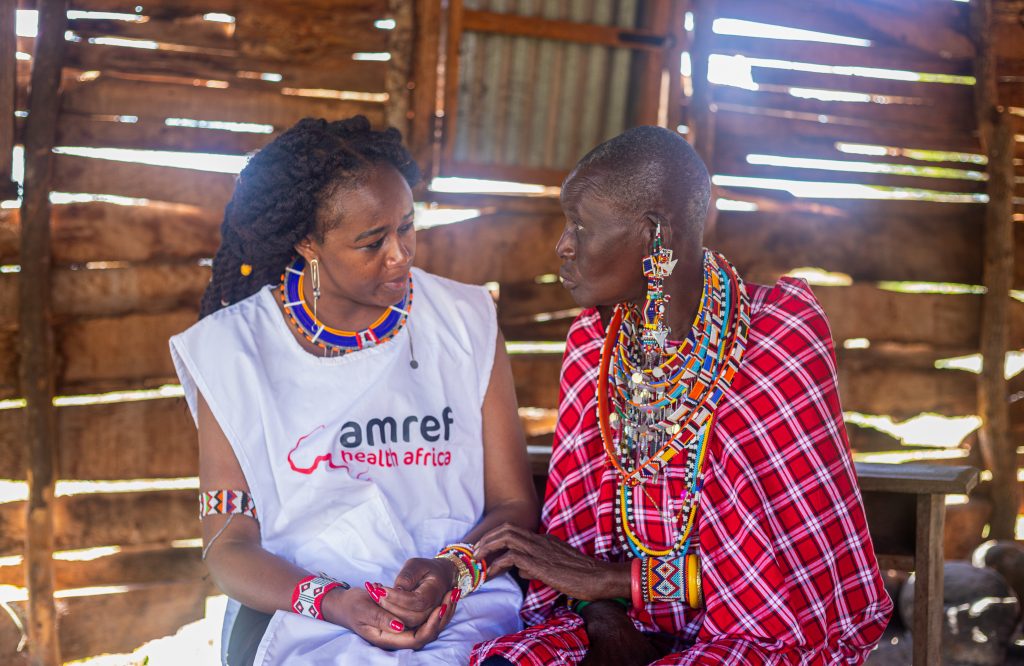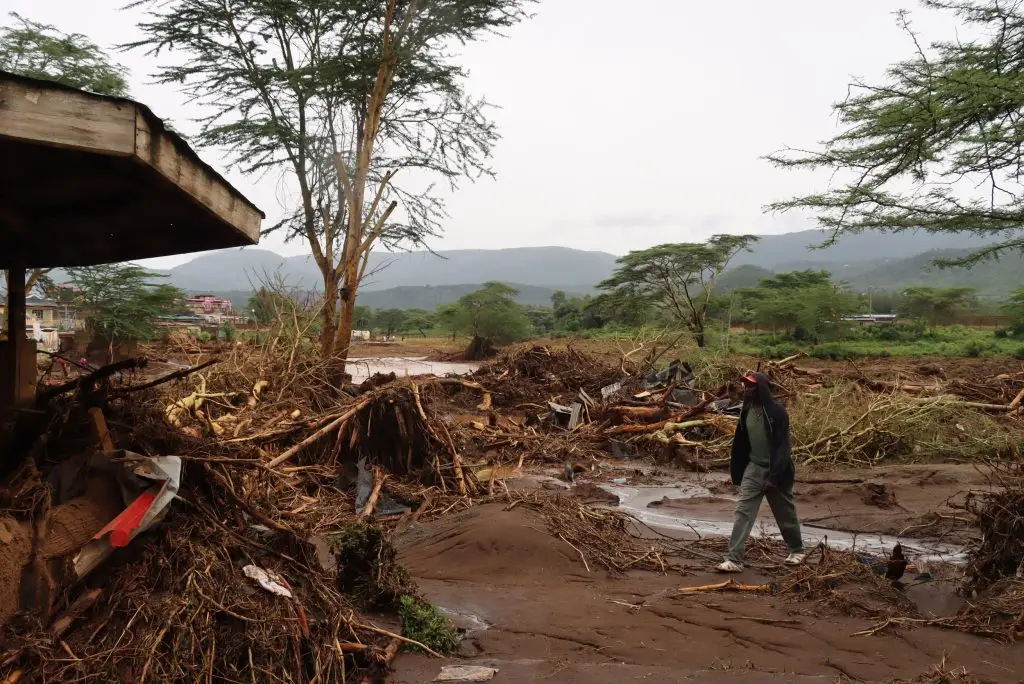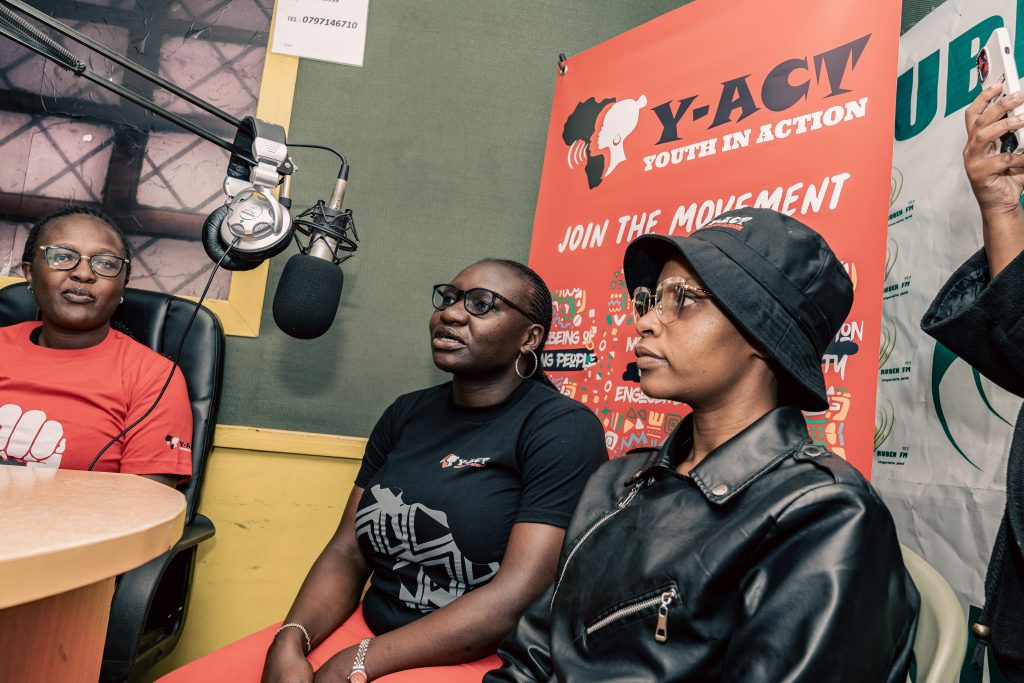South Sudan
Amref works with government and communities to create lasting health change in South Sudan.
Amref in South Sudan
Amref started working in South Sudan in 1972, just after the end of the first civil war. Amref South Sudan supports health development interventions in all ten states of South Sudan and has six state field offices.
What are the health challenges in South Sudan?

South Sudan faces deep, complex health challenges. The country’s health services are chronically under-funded, severely under-staffed, and made more vulnerable by ongoing conflict. It is one of the most dangerous places in the world for a woman to get pregnant and give birth. Fewer than 1 in 5 births are assisted by a skilled health worker—as there are just 7 health workers for every 10,000 people. For every 100,000 live births, 1,150 mothers die—the worst maternal death rate in the world.
Compounding these challenges are frequent disease outbreaks, including cholera and malaria, exacerbated by inadequate water, sanitation, and hygiene (WASH) infrastructure. The country also grapples with severe food insecurity, with nearly 2.3m children under five suffering from acute malnutrition. These health challenges are further intensified by ongoing conflict, displacement, and the devastating impact of the aid cuts to global health.
of health facilities across the country provide the minimum level of services.
of South Sudan's people live in rural areas, where 3 in 5 people do not live within a journey's reach of a health facility.
“Ensuring that no one is left behind in our programming and execution is crucial for creating a fair and inclusive community.”
Morrish Ojok, former country director, Amref South Sudan
What does Amref do in South Sudan?
Amref works with partners and the national health system to bridge the gaps between people and the health services they need. There is limited humanitarian access in South Sudan, and global aid budget cuts to health programmes are deeply impacting health services across the country. Our work responds to the urgent need for comprehensive health system strengthening and essential service provision.
Our programmes cover:






